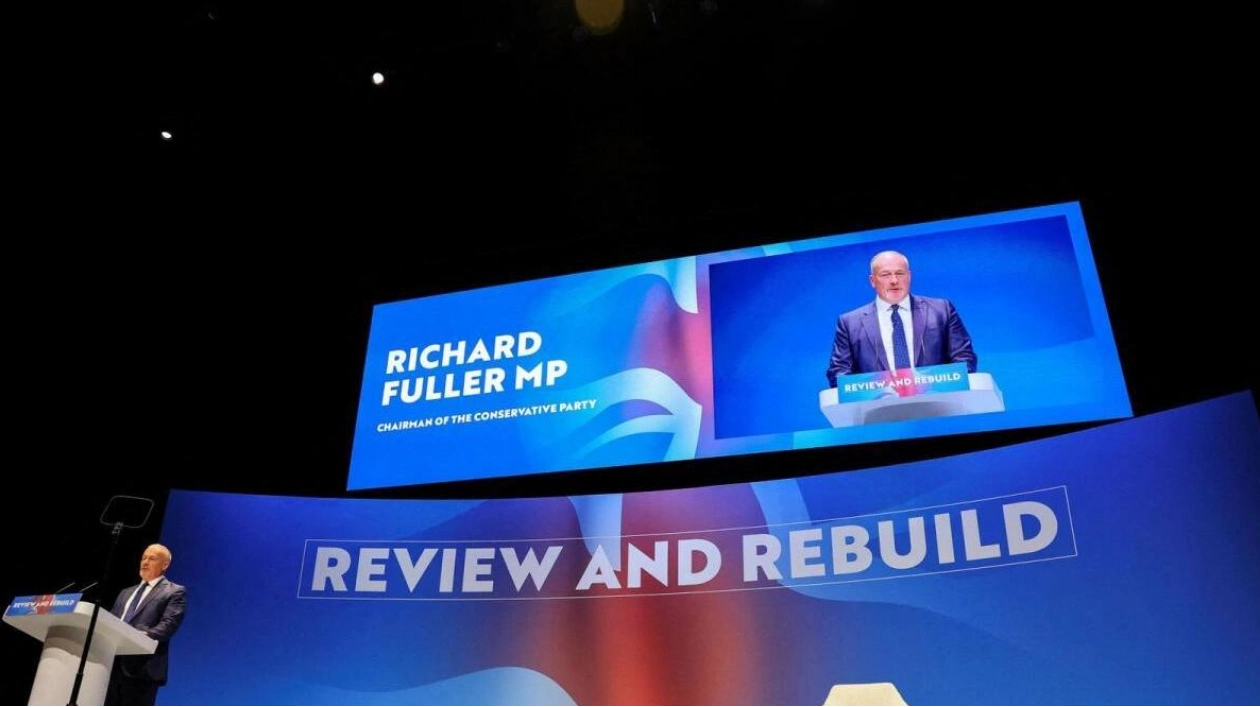Despite being out of power, British Conservatives gathered at their annual conference this week were surprisingly optimistic, increasingly convinced they could regain power from the new Labour government sooner than previously anticipated. With British Prime Minister Keir Starmer facing criticism over the use of donations and a decision to restrict winter fuel payments to pensioners, many Conservatives believe they can recover swiftly after their worst election defeat in July. This marks a significant shift from the immediate aftermath of the election, when Labour secured a landslide victory, a result even Conservatives acknowledged was a comprehensive rejection of their often tumultuous and scandal-plagued 14 years in power.
Initially, the Conservatives thought they could be out of power for at least a decade. However, at their conference in Birmingham, where four leadership hopefuls were a constant presence, many were hopeful about unseating Labour at the next election, which must occur by mid-2029. Marco Longhi, a former Conservative lawmaker who lost his seat in July, noted that voters were beginning to doubt Labour. "We came here believing we will return and we will return very soon," he said.
One lawmaker observed that the party seemed to have spent the summer overcoming its anger over defeat and was now ready to resume the fight—a trait that has made the Conservatives Britain's most successful party, governing either alone or in coalition for much of the past 200 years. The Conservatives lost two-thirds of their seats in the election, ending with just 121 compared to Labour's more than 400 in the 650-seat parliament. However, Conservatives at the conference argued that the outcome reflected a rejection of them, not a desire for other parties.
"There is no reason why we shouldn't aspire to win that support back," said lawmaker Danny Kruger. One of the main questions was how to regain trust. James Cleverly, a former foreign minister, emphasized that the next leader must first unite a party that has lost four prime ministers since David Cameron resigned after the 2016 Brexit referendum. Three were ousted by their own party. "There are really toxic habits that we have slipped into," Cleverly, one of the four leadership candidates, said.
Rachel Wolf, founding partner at consultancy Public First and co-author of the Conservatives' 2019 election manifesto, noted that one of the main reasons the party had become "almost universally loathed" was its failure to keep its promises on migration, healthcare, and the economy. The four contenders for the leadership position were using the conference to try to win over members as they outlined their plans to rebuild the party.
While the contest has provided something for the membership to focus on, there is a risk that the new leader may still struggle to convince voters that the party can govern effectively again. One Conservative lawmaker worried that the upbeat mood was a "sugar rush" moment. "If there is still a gap in the polls and we are not close to power (in two years), then people could easily become very frustrated again," he said.






